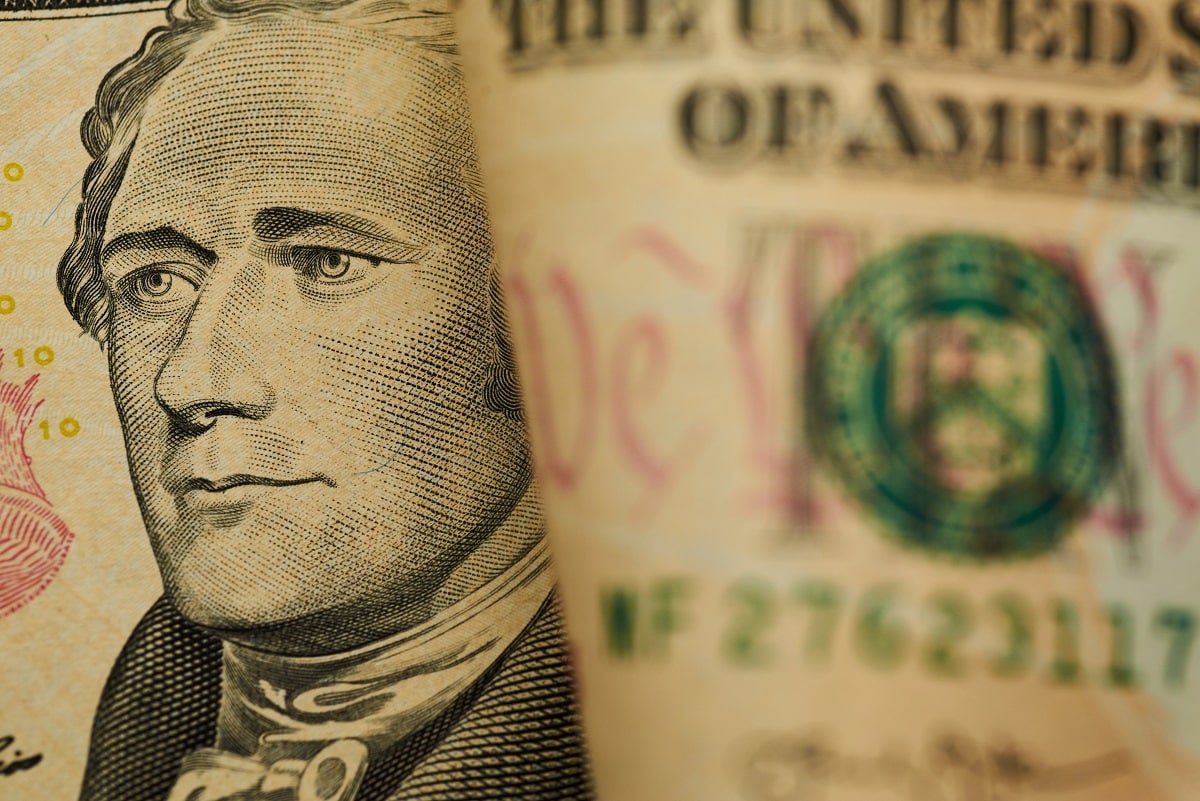Summary: Federal Reserve Chair Jerome Powell’s stance on maintaining high-interest rates, despite significant inflation reduction, is critiqued amid fears of exacerbating a regional banking crisis and the global economic downturn. Powell insists on a cautious approach until inflation sustainably approaches the Fed’s 2% target, overlooking the risks of commercial real estate loan defaults and potential small to medium-sized bank failures. This policy, contrasted with the Fed’s previous underestimation of inflationary pressures, now risks a hard economic landing due to a reluctance to adjust rates in response to changing economic indicators and international financial instability.
Federal Reserve’s Tightrope Walk: Balancing Inflation Goals with Emerging Financial Crises
It is said that generals often fight the last war. Judging by his recent Congressional testimony, something similar might be said of Federal Reserve Chair Jerome Powell.
Even as inflation has come down sharply, Mr. Powell insists that the Fed will only start cutting interest rates once it has “gained greater confidence that inflation is moving sustainably towards the Fed’s 2 percent inflation target”. He does so even though high-interest rates and commercial real estate problems now threaten another and a more vicious round of the regional bank crisis. He also does so even as the global economy sours and as China threatens to export deflation to the rest of the world. By insisting on high-interest rates for longer, Mr. Powell heightens the chances of a hard US economic landing.
Over the past two years, the Fed has waged an aggressive war against inflation’s surge to a multi-decade high of 9.1 percent in June 2022. Not only did the Fed raise interest rates by 5 ¼ percentage points or at the fastest pace in any post-war interest rate hiking cycle. The Fed also allowed the broad money supply to contract for the first time since 1959 when the Fed started publishing broad money supply data.
In response to this monetary policy tightening, over the past year there has been an impressive deceleration in the pace of inflation. As measured by the Personal Consumption Expenditure price index, the Fed’s favored inflation measure, both headline and core inflation have slowed to around 2 ½ percent. This has brought inflation down to within striking distance of the Fed’s 2 percent inflation target. Inflation’s decline has also had the effect of significantly raising the inflation adjusted-interest rate at which companies and households now borrow.
As inflation has come down, both domestic and external risks to the economic recovery have increased. That would seem to have shifted the balance of risks between achieving the Fed’s inflation target and that of avoiding a meaningful recession towards the latter possibility. Yet, Mr. Powell remains fully committed to a policy of high interest rates to bring inflation down one more notch. He does so even though his high interest rate policy risks exacerbating financial system strains by increasing the chances of a wave of commercial property loan defaults.
Mr. Powell’s seeming lack of concern about the possible recurrence of a regional bank crisis is all the more surprising considering that this risk is being flagged both by the Fed’s own financial stability report as well as that put out by the International Monetary Fund. It is also surprising considering that markets are now taking note of the fact that commercial real estate prices are plunging as a result of high office vacancy rates and that some $930 billion in commercial property debt matures over the next twelve months at substantially higher interest rates than those at which those loans were originally contracted.
Leaving little doubt that Mr. Powell could prove to be very wrong in his current seeming complacency about serious financial system risks is a recent National Bureau of Economic Research Study. According to that study, some 385 small and medium-sized US banks could fail as a result of their excessive exposure to commercial real estate lending.
Further reason to think that Mr. Powell could be mistaken in his high interest rates for longer policy is the souring world economic outlook. Both Japan and the United Kingdom are already in recession and Germany is on the cusp of recession. Meanwhile China, the world’s second largest economy, is in the midst of a housing and credit market bust that could usher in a Japanese-style lost economic decade for that country. The slowing of the rest of the world’s economy could help the Fed in its inflation fighting task by putting downward pressure on world food and oil prices as well as by leading to lower US import prices.
In 2021, a backward-looking Fed failed to appreciate the inflationary effects of President Biden’s American Rescue Plan. This induced it to keep interest rates too low for too long thereby helping to stoke multi-decade inflation. Today’s backing-looking Fed appears to be making the opposite mistake. By failing to take due note of the commercial real estate crisis and a worsening world economy, the Fed risks a hard economic landing by being very slow to cut interest rates.
About the Author: Dr. Desmond Lachman, AEI
American Enterprise Institute senior fellow Desmond Lachman was a deputy director in the International Monetary Fund’s Policy Development and Review Department and the chief emerging-market economic strategist at Salomon Smith Barney.

